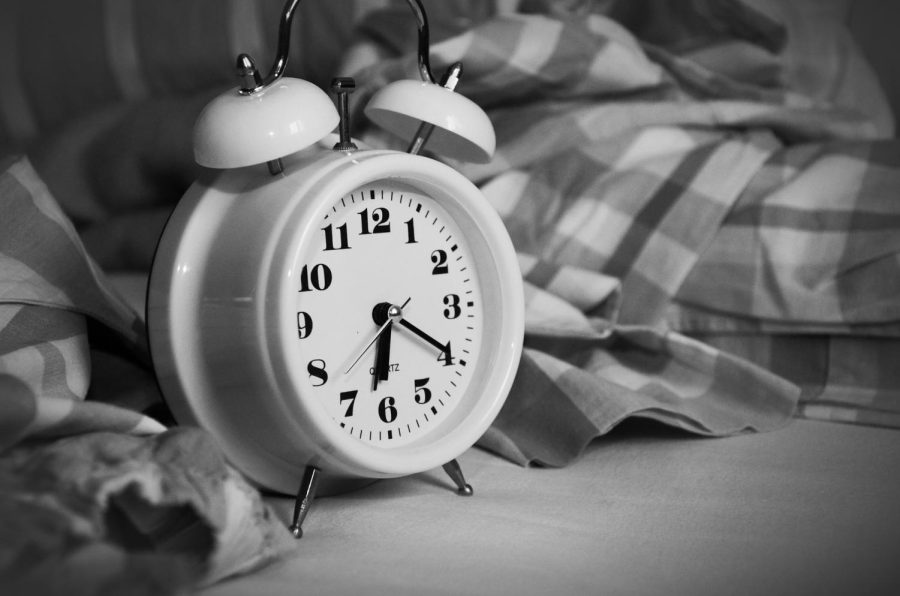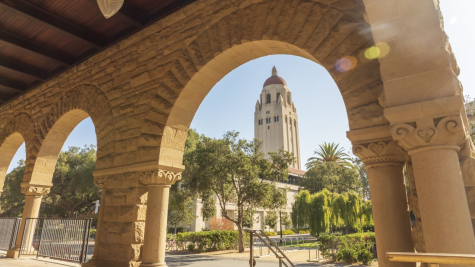Sleep has several effects on the human body
February 1, 2022
Night for night, it is normal for people to go to sleep. It is part of our daily lives. That’s why humans spend 30% of their lives sleeping. But why do we need to go to sleep, and what happens in our bodies during that time?
The widespread assumption that sleep is a pure resting phase has now been refuted. Although the mystery of sleep has not yet been fully solved, numerous reasons have been scientifically proven for why sleep is so important for us.
The main reason for our need for sleep is our brain. This works at full speed during the day. Sensory impressions and complex information are continuously processed. That is why our brain needs a break.
After about 16 hours, the capacity of the human brain is exhausted, it needs sleep for the nerve cells to recover. In addition, memory processes take place mainly in sleep. The impressions, experiences, and information recorded during the day are processed during the night.
Sleep also offers the body the opportunity for mental and physical recovery. As body temperature drops by up to one degree during the sleep, our bodies can save energy at night.
Another part of sleeping is dreaming. Dreams are a sensual experience in sleep. The themes are linked to real events during the day. The more recent the events, the more likely they are to be thematized in a dream.
Both conflicts and pleasant experiences appear in dreams, but often in completely different contexts. During our sleep, we process experiences we prefer not to think of during the day when we are awake.
An adult needs eight hours of sleep to be well-rested. But sometimes, we just can’t sleep. The reason for that varies. It could be your current life situation, stress, or a heavy meal right before sleep.
Sometimes, sleeping in different places, like a hotel or a friend’s house, causes poor sleep. The reason for that is a protective mechanism in our brain. Instead of having a deep sleep, one half of the brain “stays a little more awake” than usual. Only “when we get used to the environment the whole brain sleeps again,” says the scientist from the magazine Current Biology.
All in all, you can say that, during our sleep, there is still a lot that is going on in our bodies. Even though we are asleep, our brains are very active during the night and help us process experiences.















